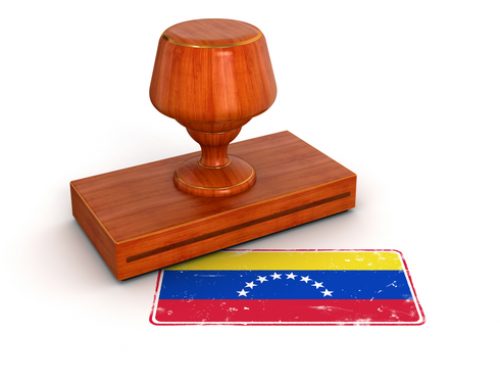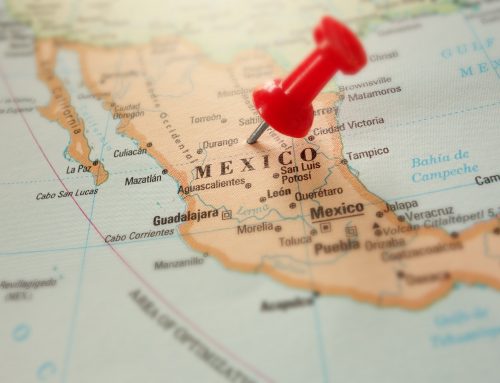
Yet another promising international cooperation project has started, this time between the Swiss government -specifically, the Swiss Federal Institute of Intellectual Property– and several IP-related Colombian institutions.
The COLIPRI Project is certainly an ambitious project, with a budget of more than USD$4’000.000, four years for execution and the participation of the Colombian PTO –The SIC-, the Ministry of the Interior, the National Science and Innovation Institute and the Colombian Confederation of Chambers of Commerce (Plus a number of indirect beneficiaries to the project, including several indigenous and black communities).
The project goal is to contribute to higher competitiveness, more value added to Colombian products and a positive impact on Colombia’s social and economic development. Four areas for action were chosen:
1. Improve the Colombian PTO
The first goal is to improve the domestic PTO, the Superintendency for Industry and Commerce (As a Colombian attorney, the writer of this post considers the Superintendency to be one of the most efficient and reliable national institutions, but reckons that it is still a long way from offices such as the EPO and the USPTO).
The project aims at helping the Superintendency achieve their goals to reduce examination time from 60 to 40 months (Namely, the time that the EPO usually takes in the process), to improve skills and technical expertise of examinators, and to foster cooperation between staff members .
Furthermore, the SIC’s IP Academy will be encouraged to develop closer ties to stakeholders of innovative centers in Colombia, such as the tech industry and researchers. A system for technology transfer, created along with such stakeholders, will greatly improve the IP Academy and will allow for greater specialization and dissemination of IP-related information.
2. Increase Technology Transfer
With three strategic partners in Colombia, the project looks towards creating a solid system for technology transfer in this country. They will work with:
-The Superintendency for Industry and Commerce SIC
– The Colombian Administrative Deparment for Science, Technology and Innovation Colciencias
– The Colombian Confederation of Chambers of Commerce ConfeCámaras
For such a system to be created, three different R&D projects with private companies and universities will be created, and a regional Technology Transfer Office will be established at a Colombian University.
3. Promoting the use of Geographical Indications
Up to this moment, geographical indications have been a field for big producers. The project aims at making these accessible to even small producers, through a legal and institutional framework that empowers them in the protection of their assets.
This specific goal includes
Concentrating know-how on G.I.’s
Increasing the credibility of Colombian G.I.’s, through an efficient system for verification and accreditation that is consistent with international standards.
Disseminating information on practical cases and successes of Colombian owners of G.I.’s.
Implementation of a quality assurance system and the choice of a control system.
4. Strengthen protection of Traditional Knowledge
Although the indigenous population of Colombia is small in size (around 3,4% of total population) their diversity is remarkable. More than 80 indigenous groups are currently represented in the country -the project reckons there are around 100 of these groups-. Additionally, African-Colombian indigenous communities are also established in several regions. While the political rights of these groups have been gradually been safeguarded, their economic rights and the protection of their IP assets continues to be deficient.
Work on a sound system for Technology Transfer is required, according to the project’s coordinators. Capacity-building efforts will be conducted with these communities and promotion of traditional knowledge protection.
At B&R Latin America IP we welcome this type of project in Colombia and the whole Andean Community. There is certainly a strong need for IP promotion and for support of minorities in the protection of their IP assets. We are glad to see the Swiss and the Colombian government working together in further improving the PTO’s services and -given the still alarmingly low rates of patenting in the country- we firmly believe that incentives should be provided for inventors and stakeholders in creative industries (reducing the time for patent examination is certainly an incentive).
The Colombian-Swiss Intellectual Property Project COLIPRI is also coherent with other projects from the Colombian PTO. A cooperation agreement between the INAPI -The Chilean PTO- and the SIC is also improving the IP Academy, and our office is assisting the SIC on testing and improving their brand new platform for online filing of trademarks and patents.
Sources:
Universidad del Rosario – Colombia




